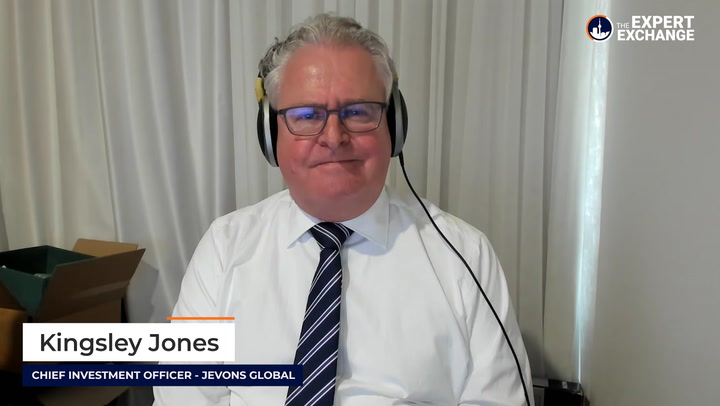The Australian Productivity Commission urges that if Australia wants to continue to expand its growing economy, then productivity policy must focus on key emerging trends like the shift toward service industries.
The commission’s 5-Year Productivity Inquiry Report was sent to the Federal Government in February this year, highlighting the need for a “highly skilled” and adaptable workforce to drive industry growth.
“Australia’s economy has changed; almost 90 per cent of Australians now work in service industries, including education, health, hospitality, retail and finance,” Productivity Commission Chair Michael Brennan said.
“It has traditionally been difficult to lift productivity in these sectors. But we are not alone. Economies around the world are grappling with the same issues,” he said.
“There is no easy answer, but we need to address this challenge to secure Australia’s future prosperity.”
A series of recommendations has been put forward by the commission that concentrates on five key themes.
“These are: building an adaptable workforce; harnessing data, digital technology and diffusion; creating a more dynamic and competitive economy; efficiently delivering government services; and securing net zero emissions at least cost,” Mr Brennan said.
The commission is asking for better education throughout high school as well as tertiary education in universities to keep in line with the growing services economy.
“Innovation can help businesses and governments deliver better services or operate more efficiently,” Mr Brennan said.
“The uptake of digital technologies — accelerated to some extent during the pandemic — holds significant promise for lifting business productivity.
“The potential of data sharing remains relatively untapped and increased utilisation will facilitate innovation that lowers costs while improving the quality of service delivery for consumers.”
Not only would the innovation of better education services fulfil the needs of Australia’s service economy, but it would also help to drive the transition to net zero emissions.
“Australia is decarbonising, and while this effort is not without its economic ramifications, it is our contribution to global efforts to reduce the costs of unmitigated climate change. It will be important to provide the right price incentives to get to net-zero at least cost,” Mr Brennan said.
Over the past 35 years, the expansion of employment in the services sector has been mainly in government-subsidised and regulated services, like health care and social assistance.
Mr Brennan said that goals remained focused on improving quality rather than reducing costs, but it was crucial to pursue productivity improvements in these areas.








